Traveling alone can be an unforgettable adventure, but it can also be overwhelming, especially if you’re in a rural area. There are some things to consider before traveling solo to rural areas, and one of them is safety. Here is a guide that can help you stay safe while exploring the beautiful countryside.
1. Do Your Research Before You Go
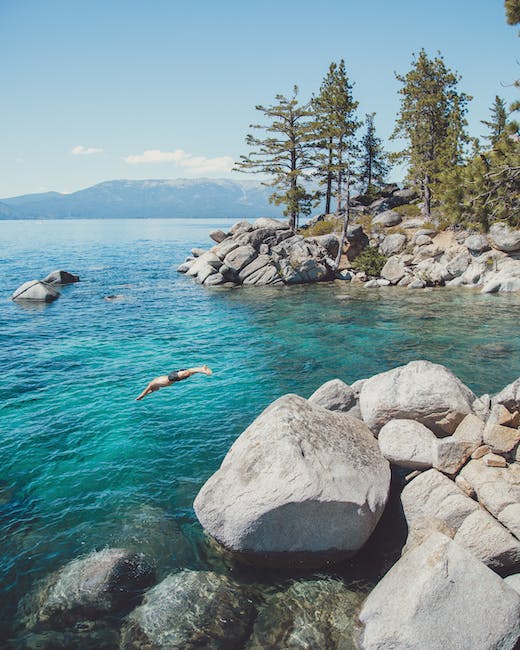
Before traveling to any rural area, it’s essential to do some research. Make sure to familiarize yourself with the place you’re visiting by reading about the culture, traditions, customs, and safety concerns that may be present in the region. Additionally, be aware of any government advisories or travel warnings. This information will help you make informed decisions and stay safe throughout your trip.
You may also want to look up the local emergency numbers, transportation options, and places to avoid. If you’re renting a car, make sure to study the traffic rules and regulations to avoid accidents. The more you know before you go, the better prepared you’ll be to handle any challenges that come your way.
2. Stay in a Safe and Secure Accommodation
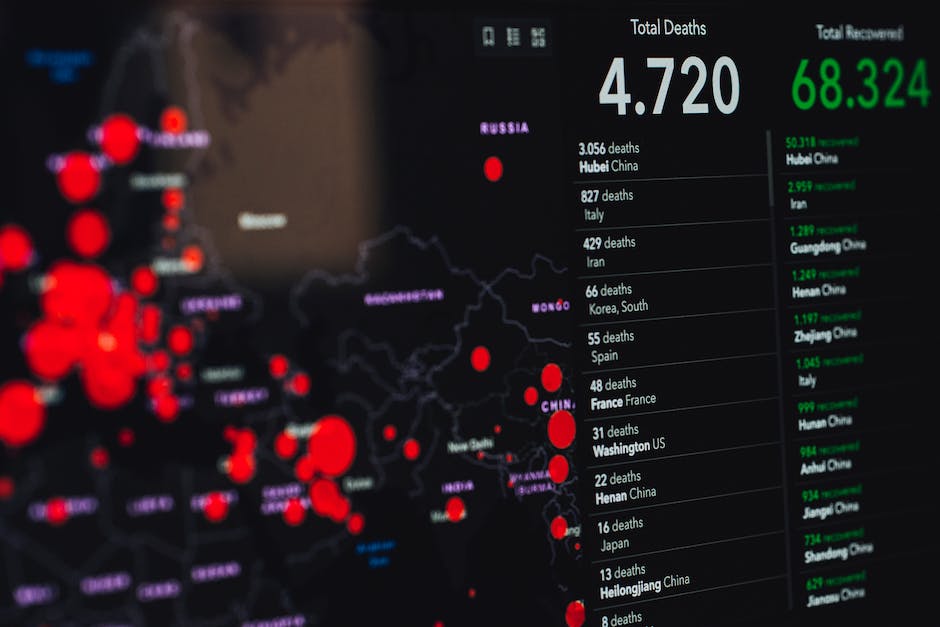
The choice of accommodation is crucial for safety when traveling alone. Choose a reputable and secure hotel that has good safety measures in place. Consider staying in a hotel that has a 24-hour receptionist, CCTV, security personnel, and a reliable lock system. Also, research the area around your accommodation and make sure it’s safe and easily accessible.
If you’re on a tighter budget or prefer more authentic experiences, bed and breakfasts or hostels may be an option, but make sure to read reviews before booking. If the reviews raise any concerns regarding safety, reconsider your options.
3. Be Aware of Your Surroundings
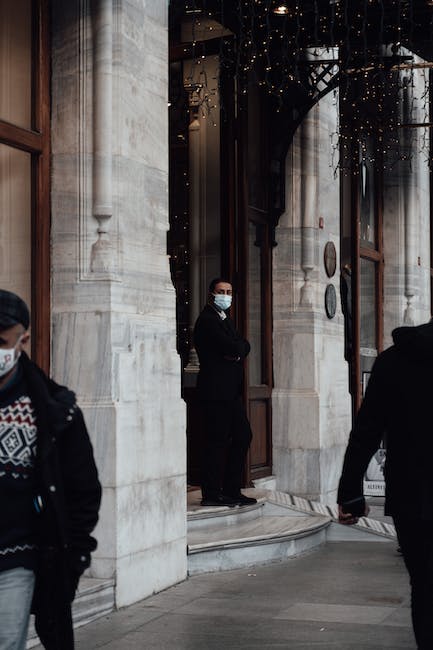
Keeping an eye on your surroundings is crucial to staying safe when traveling alone, particularly in rural areas. Stay alert and aware of your environment, such as avoiding unfamiliar places and people who give you an uneasy feeling. Also, be mindful of your belongings and keep them close to you.
When exploring the new environment, do so in daylight and stick to marked trails or paths. If you’re unsure about the safety of a specific area, ask locals or authorities for advice. Don’t assume that everything is safe and pleasant, pay attention to potential danger signs, and always trust your gut feeling.
4. Avoid Walking Alone at Night
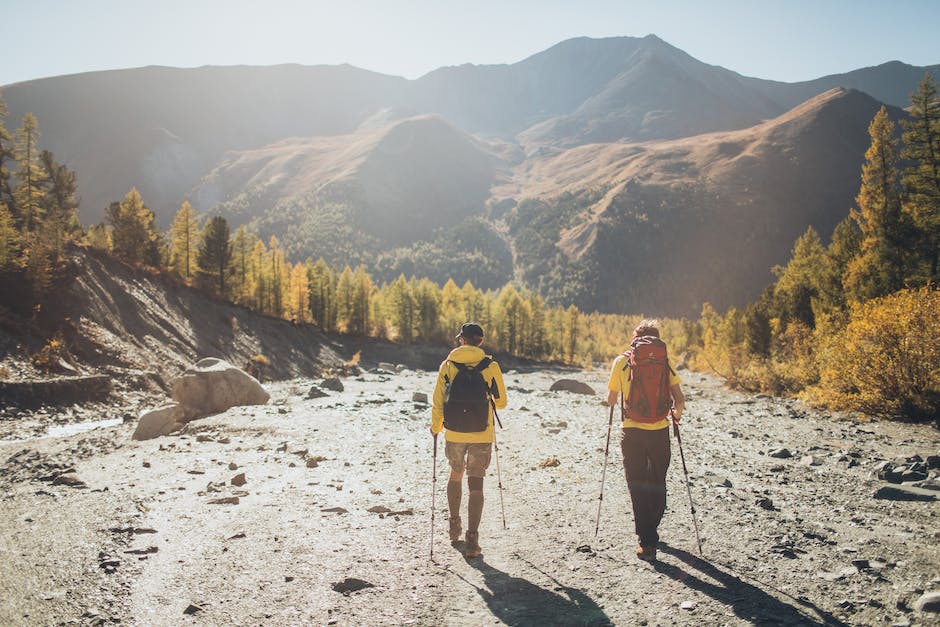
Walking alone at night can be unsettling and dangerous, particularly in rural areas where there may be fewer streetlights or people around. If possible, avoid walking alone when it’s dark outside, and make use of public transportation or taxis instead.
If you have to venture out after sunset, stick to well-lit areas with people nearby. Plan your route beforehand, let someone know where you’re going and how long you’ll be out, and have a fully charged phone with you. You can also consider carrying pepper spray or any other form of self-defense if you’re comfortable with it.
5. Keep Your Valuables Safe
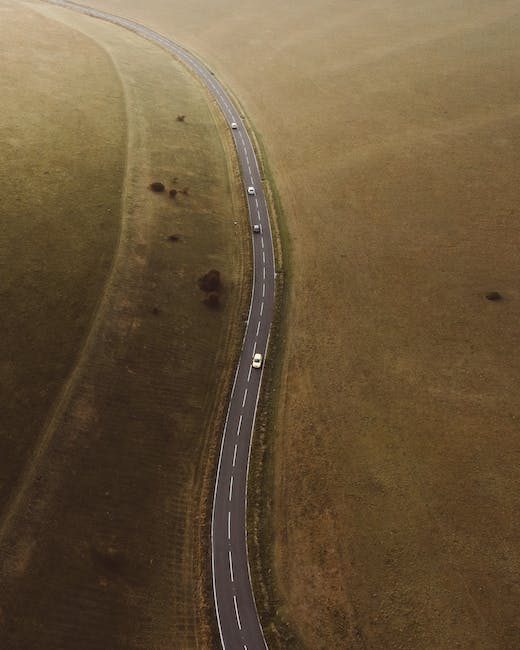
Rural areas may feel safer than big cities, but they can also be a target for opportunistic crime. As a solo traveler, it’s vital to keep your belongings safe and secure to avoid being a victim of theft or robbery.
Avoid carrying a lot of valuables with you or wearing expensive jewelry that draws attention. Only bring essentials like your identification, passport, and cash or credit cards when going out. If possible, store the rest of your valuables in a hotel safe or secure compartment in your bag, and avoid flashing around large sums of money in public.
6. Have a Plan for Emergencies
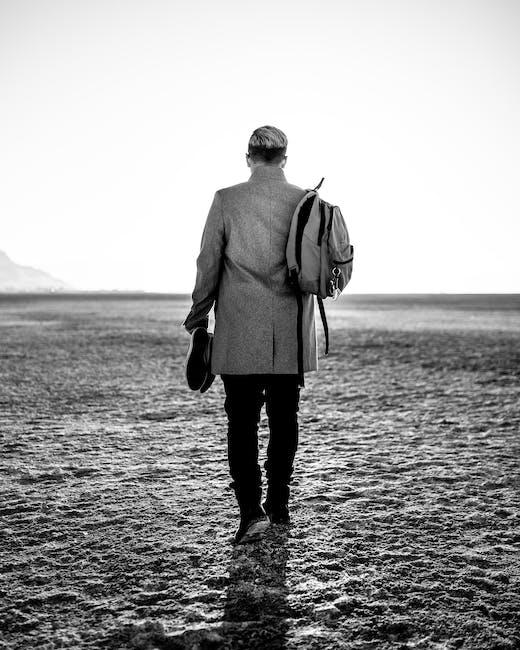
Emergencies can happen at any time, so it’s crucial to be prepared in case of disasters or medical issues. Before traveling, research the contact information for emergency services, hospitals, and local authorities. Also, carry a first aid kit with you at all times and know how to use it.
Additionally, research potential natural disasters or adverse weather conditions before traveling to rural areas. That way, you can see if it’s safe to travel and what precautions to take. Having an emergency backup plan in place for transportation or accommodation is also helpful in case something goes wrong.
7. Blend In with the Locals
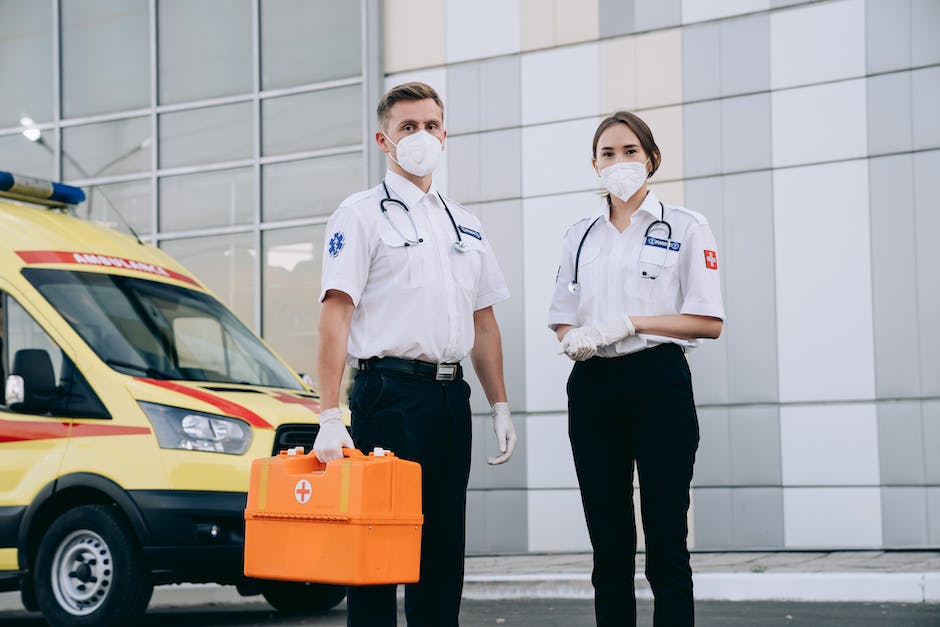
One of the most effective ways to avoid unwanted attention is to blend in with the locals. When traveling, leave your fancy clothes and accessories at home and dress appropriately for the local culture or weather. Avoid speaking too loudly or with a noticeable accent as this can attract unwanted attention from people who might want to take advantage of you as a tourist.
Learning a few words of the local language or customs can also help you connect with locals and avoid cultural misunderstandings. Being respectful and mindful of their traditions and customs can go a long way to earning their respect, trust, and protection from harm.
8. Trust Your Instincts

One of the best ways to stay safe as a solo traveler is to listen to your instincts. If something doesn’t feel right or makes you uncomfortable, trust your gut and remove yourself from the situation as quickly and safely as possible.
It’s also helpful to observe your surroundings and people around you closely. If you notice any suspicious behavior or activity, alert the authorities or seek help from locals. Remember, it’s better to be overcautious than regrettable.
9. Stay Connected with Friends and Family
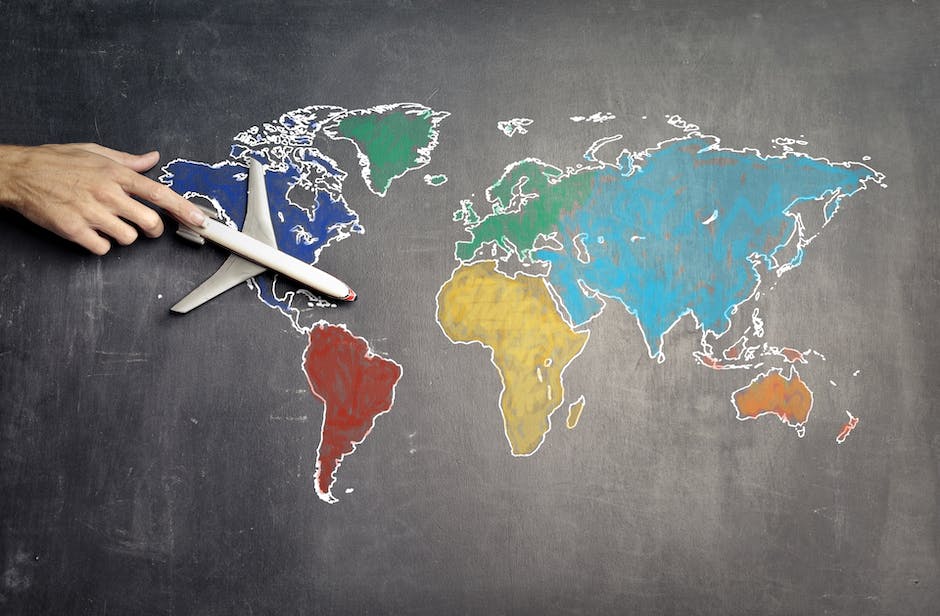
Keeping in touch with friends and family is vital when traveling solo in rural areas. Let someone know your plans, including where you’ll be staying, when you’ll arrive, and when you plan to return. You can also make use of social media or messaging apps to keep a loved one updated on your whereabouts.
If you plan on going on long hikes or treks, consider sharing your route with someone, and let them know when you’re expected to return. Staying connected with your loved ones can help ease their worries and provide you with peace of mind, knowing that someone is looking out for you.
10. Always Have a Backup Plan

Finally, it’s essential to have a backup plan in case things don’t go as planned. Make sure you have an emergency fund and access to extra cash in case of unexpected expenses or emergencies.
Additionally, have a backup plan for transportation, accommodations, or other essential needs. For example, if your accommodations fall through or become unsafe, have a list of alternative options ready to go. Being prepared for any situation can help you handle unforeseen circumstances with ease.

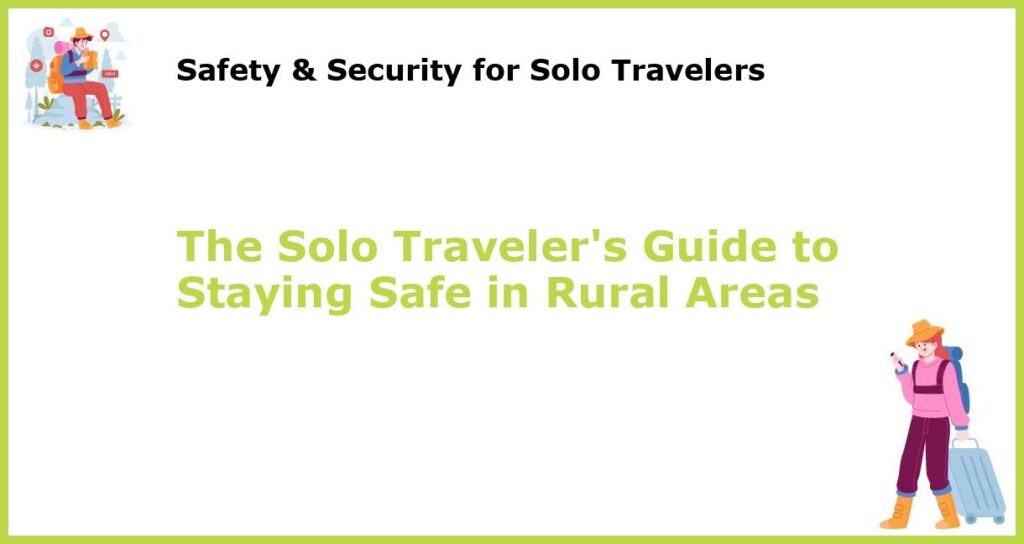






 You might also be interested in those articles related to solo traveling
You might also be interested in those articles related to solo traveling